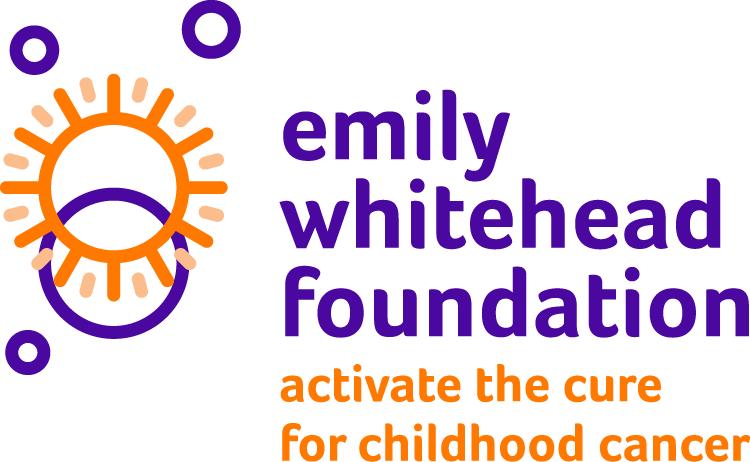HER2-specific CAR T Cell Locoregional Immunotherapy for HER2-positive Recurrent/Refractory Pediatric CNS Tumors
Brain / CNS Tumors
0-9 years 10-17 years 18-26 years
1
 Biological
Biological
HER2-specific chimeric antigen receptor (CAR) T cell
Condition: Pediatric Central Nervous System Tumor, Glioma, Ependymoma, Medulloblastoma, Germ Cell Tumor, Atypical Teratoid/Rhabdoid Tumor, Primitive Neuroectodermal Tumor, Choroid Plexus Carcinoma, Pineoblastoma
This is a Phase 1 study of central nervous system (CNS) locoregional adoptive therapy with autologous CD4 and CD8 T cells lentivirally transduced to express a HER2-specific chimeric antigen receptor (CAR) and EGFRt, delivered by an indwelling catheter in the tumor resection cavity or ventricular system in children and young adults with recurrent or refractory HER2-positive CNS tumors. A child or young adult with a refractory or recurrent CNS tumor will have their tumor tested for HER2 expression by immunohistochemistry (IHC) at their home institution or at Seattle Children’s Hospital. If the tumor is HER2 positive and the patient meets all other eligibility criteria, including having a CNS catheter placed into the tumor resection cavity or into their ventricular system, and meets none of the exclusion criteria, then they can be apheresed, meaning T cells will be collected. The T cells will then be bioengineered into a second-generation CAR T cell that targets HER2-expressing tumor cells. The patient’s newly engineered T cells will then be administered via the indwelling CNS catheter for two courses. In the first course they will receive a weekly dose of CAR T cells for three weeks, followed by a week off, an examination period, and then another course of weekly doses for three weeks. Following the two courses, patient’s will undergo a series of studies including MRI to evaluate the effect of the CAR T cells and may have the opportunity to continue receiving up to a total of six courses of CAR T cells if the patient has not had adverse effects and if more of their T cells are available.
The hypothesis is that an adequate amount of HER2-specific CAR T cells can be manufactured to complete two courses of treatment with three doses given on a weekly schedule followed by one week off in each course. The other hypothesis is that HER-specific CAR T cells safely can be administered through an indwelling CNS catheter to allow the T cells to directly interact with the tumor cells for each patient enrolled on the study safely can be delivered directly into the brain via indwelling catheter. Secondary aims of the study will include to evaluate CAR T cell distribution with the cerebrospinal fluid (CSF), the extent to which CAR T cells egress or traffic into the peripheral circulation or blood stream, and, if tissues samples from multiple time points are available, also evaluate the degree of HER2 expression at diagnosis versus at recurrence.
